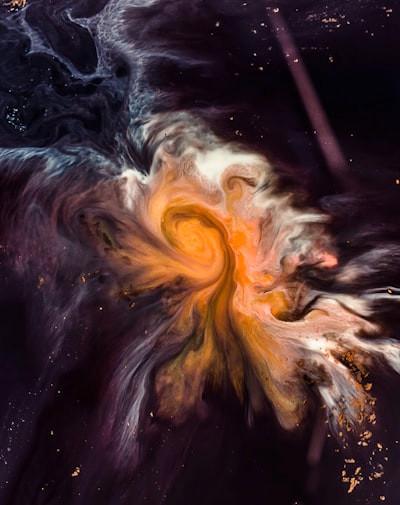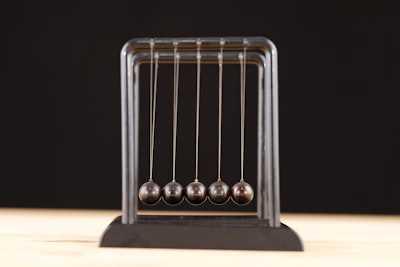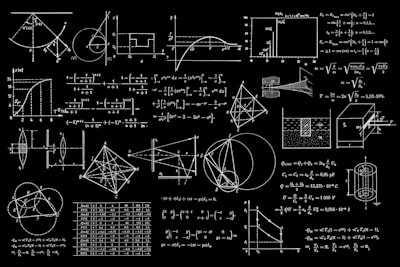Explore the World's Best Ideas
Join today and uncover 100+ curated journeys from 50+ topics. Unlock access to our mobile app with extensive features.
Uncomplicated Knowledge
The trope that the human brain didn’t evolve to understand advanced physics is often applied in popular science.
After all, early humans’ priorities were constricted to comprehending and contending with predatory threats, learning how to feed themselves and their group, seeking out conditions that were favourable to the functioning of their bodies, and deciding who might make a good candidate to produce offspring with.
13
263 reads
The Physics Laws We Understand
The laws of classical physics, which relate to Newtonian concepts like velocity and momentum, seem to make sense to us because they describe the behaviour of objects in the world as we experience them. When Isaac Newton declared that an object will only change its motion if a force acts upon it, we found this easy to understand because it relates directly to our perception of how things move and behave in the world.
13
180 reads
Where No Mind Has Gone Before
Some post-classical concepts introduced by modern physics — such as entanglement, dark matter and the multiverse — seem to be at odds with what our common sense tells us about the world. And we often explain the counter-intuitiveness of ideas like non-local particle dynamics, wave-particle duality and the potential of a near-infinite number of possible realities by invoking that popular trope: These concepts seem to be outside the pay grade of our specialized cognitive machinery.
12
173 reads
The Research Findings
When they asked trained physicists to think about specific physics concepts last year, the researchers found that expert knowledge in physics has a neural trace that is measurable and is somewhat similar across experts. We could identify concepts across individuals even when they were trained in different systems and had different first languages.
We may be able to assess knowledge in students by comparing it to the expert’s knowledge brain state because it is measurable and consistent across experts.
11
141 reads
Rethinking Thinking
The nature of many post-classical concepts requires the consideration of alternative possible worlds, such as the multiverse concept that many comic book fans are familiar with. Regions of the brain that were associated with hypothetical or speculative reasoning in previous research played a significant role in the neural signatures of post-classical concepts that required this type of abstract thinking.
11
145 reads
IDEAS CURATED BY
Vanilla Eyes's ideas are part of this journey:
Learn more about philosophy with this collection
The importance of physical activity
The role of genetics in lifespan
How to maintain a healthy diet
Related collections
Similar ideas
12 ideas
Einstein, Symmetry and the Future of Physics
quantamagazine.org
9 ideas
Top 10 Totally Weird Physics Ideas
thoughtco.com
3 ideas
Read & Learn
20x Faster
without
deepstash
with
deepstash
with
deepstash
Personalized microlearning
—
100+ Learning Journeys
—
Access to 200,000+ ideas
—
Access to the mobile app
—
Unlimited idea saving
—
—
Unlimited history
—
—
Unlimited listening to ideas
—
—
Downloading & offline access
—
—
Supercharge your mind with one idea per day
Enter your email and spend 1 minute every day to learn something new.
I agree to receive email updates




